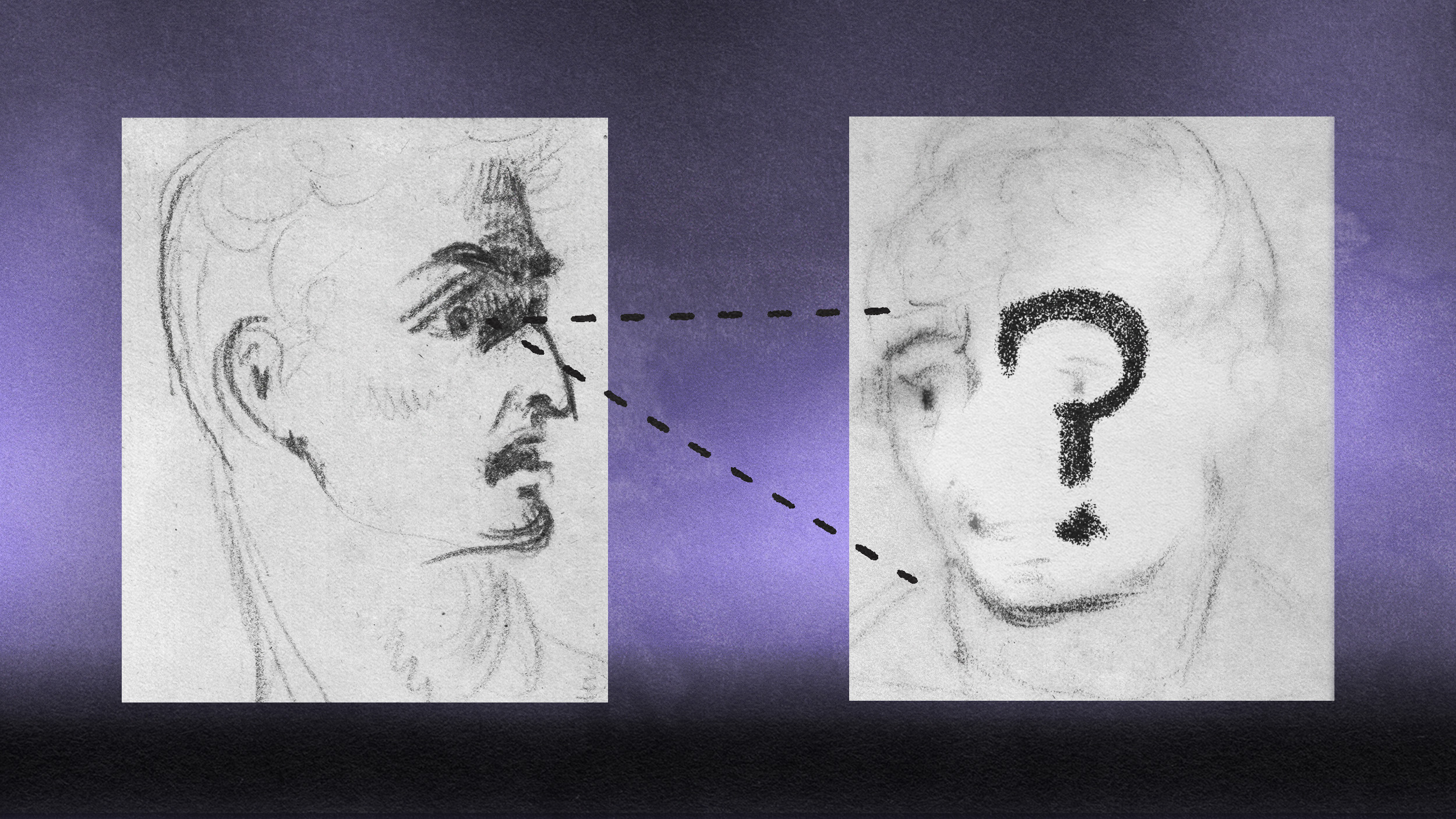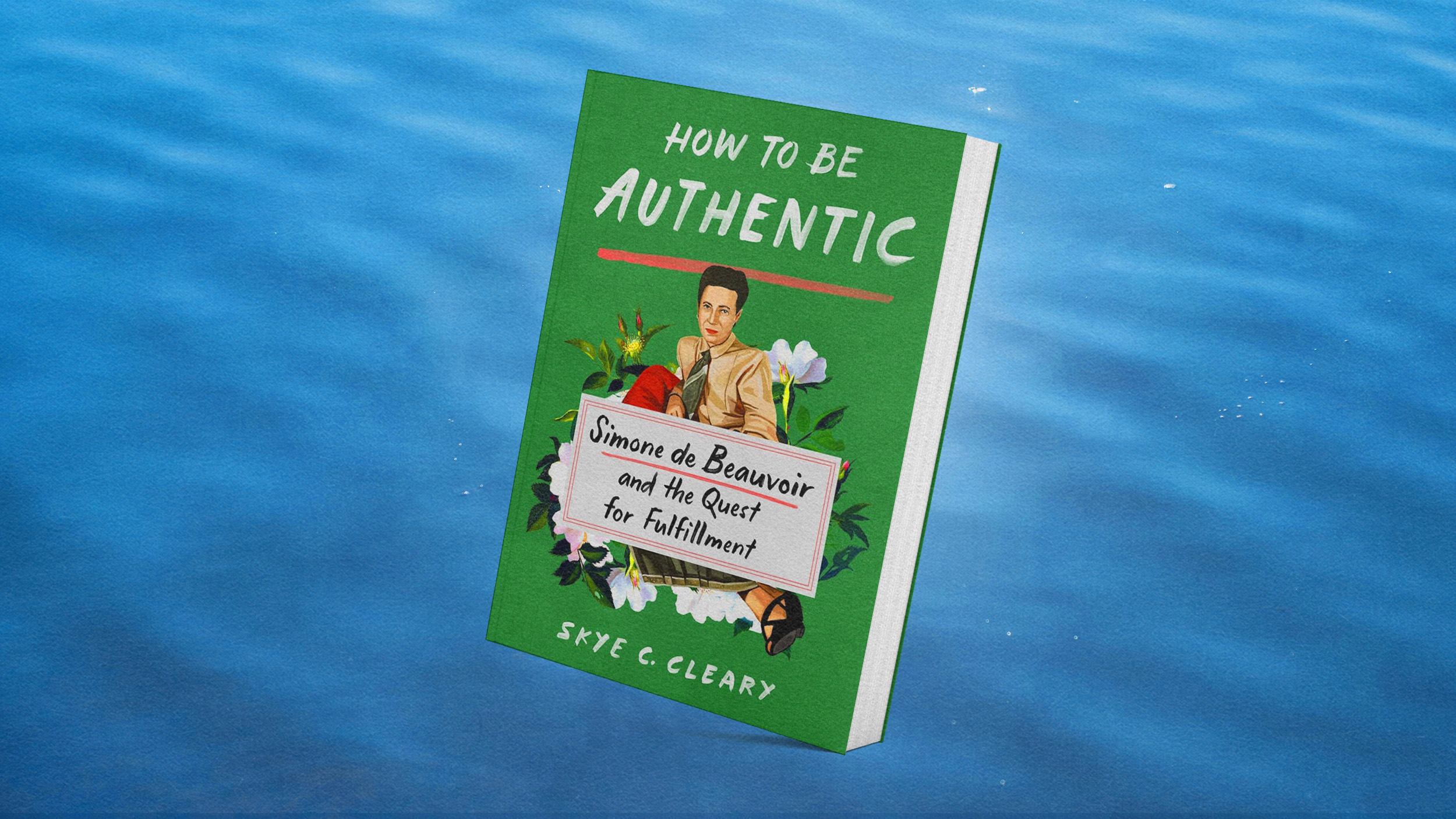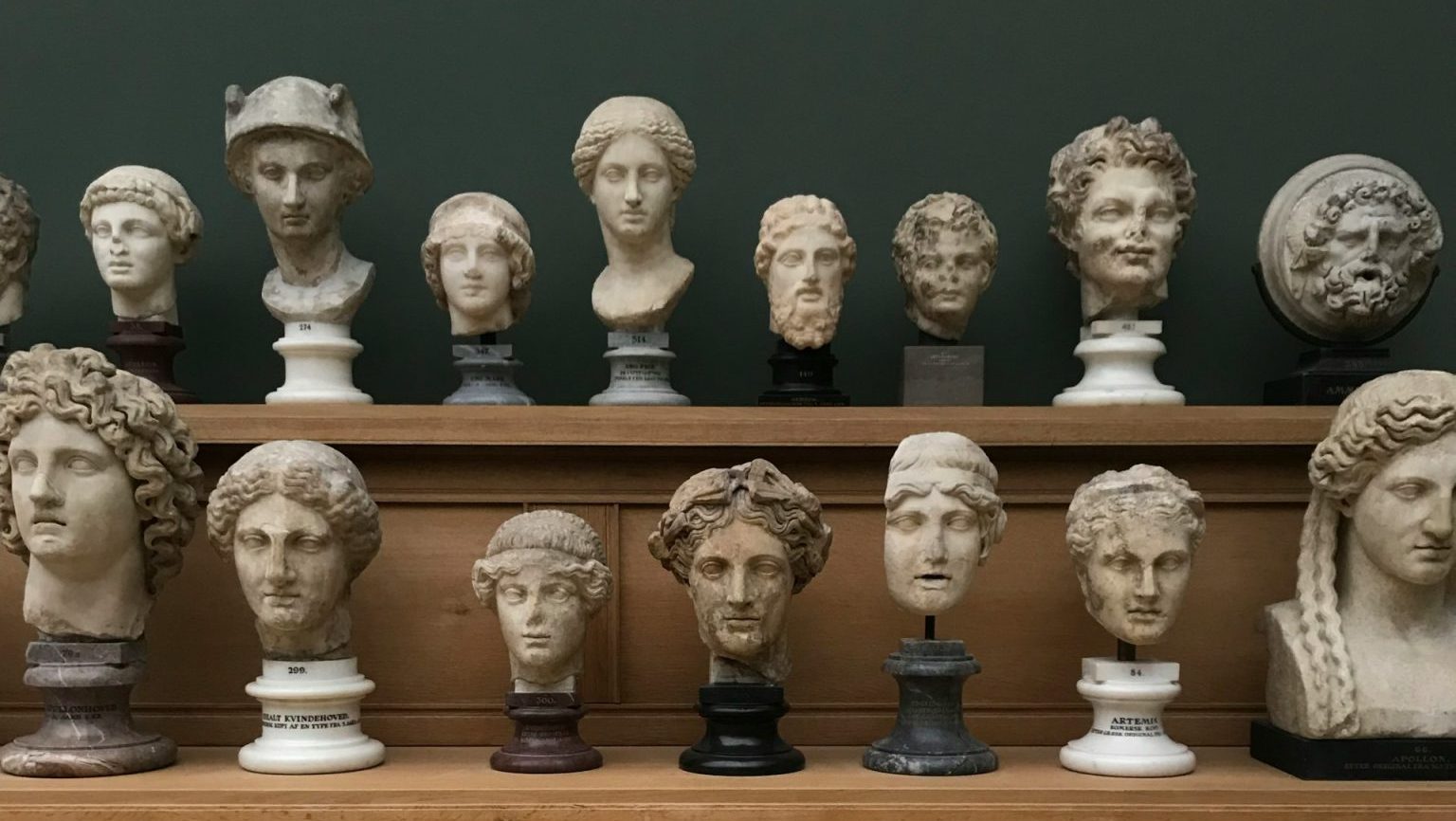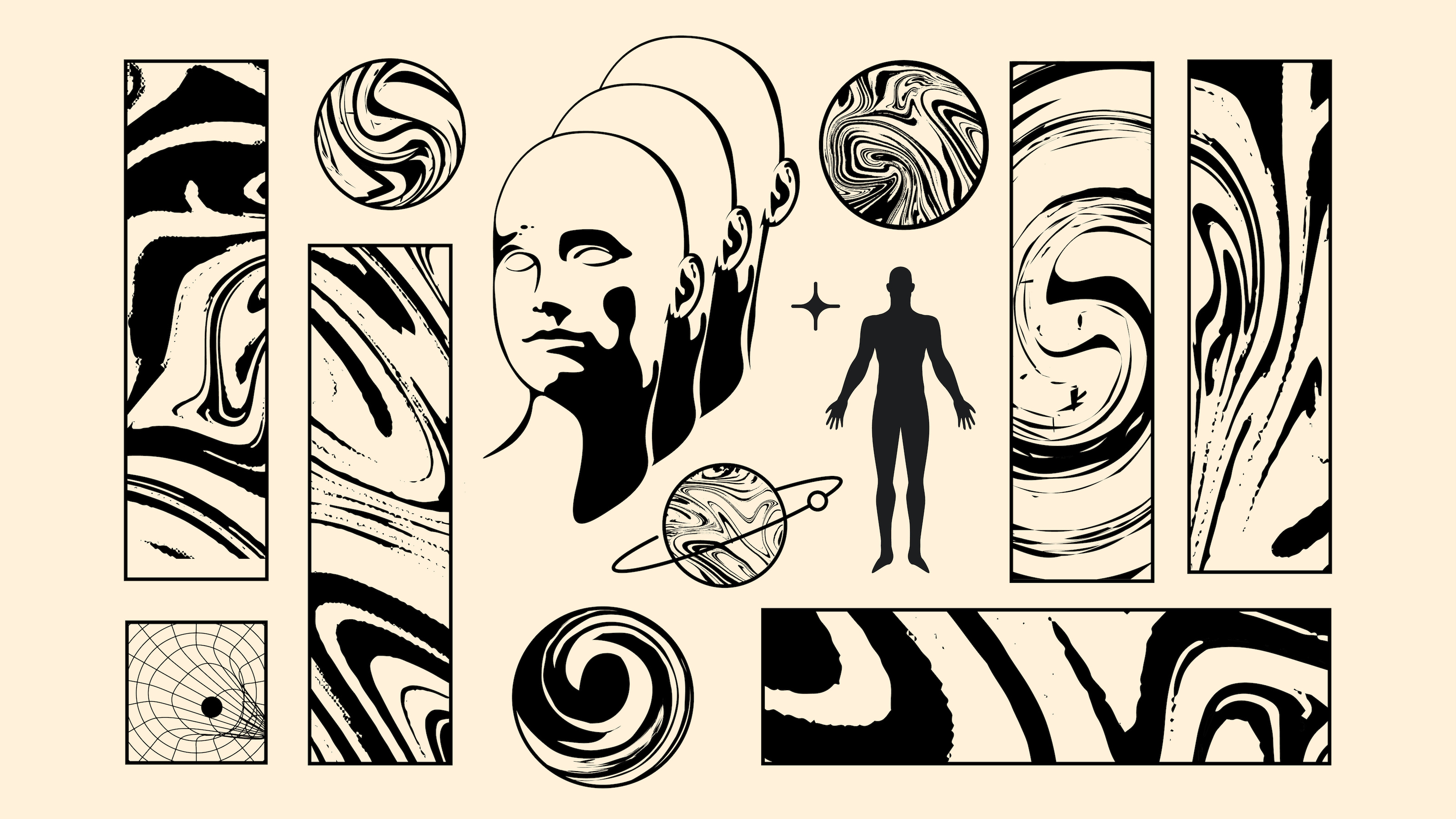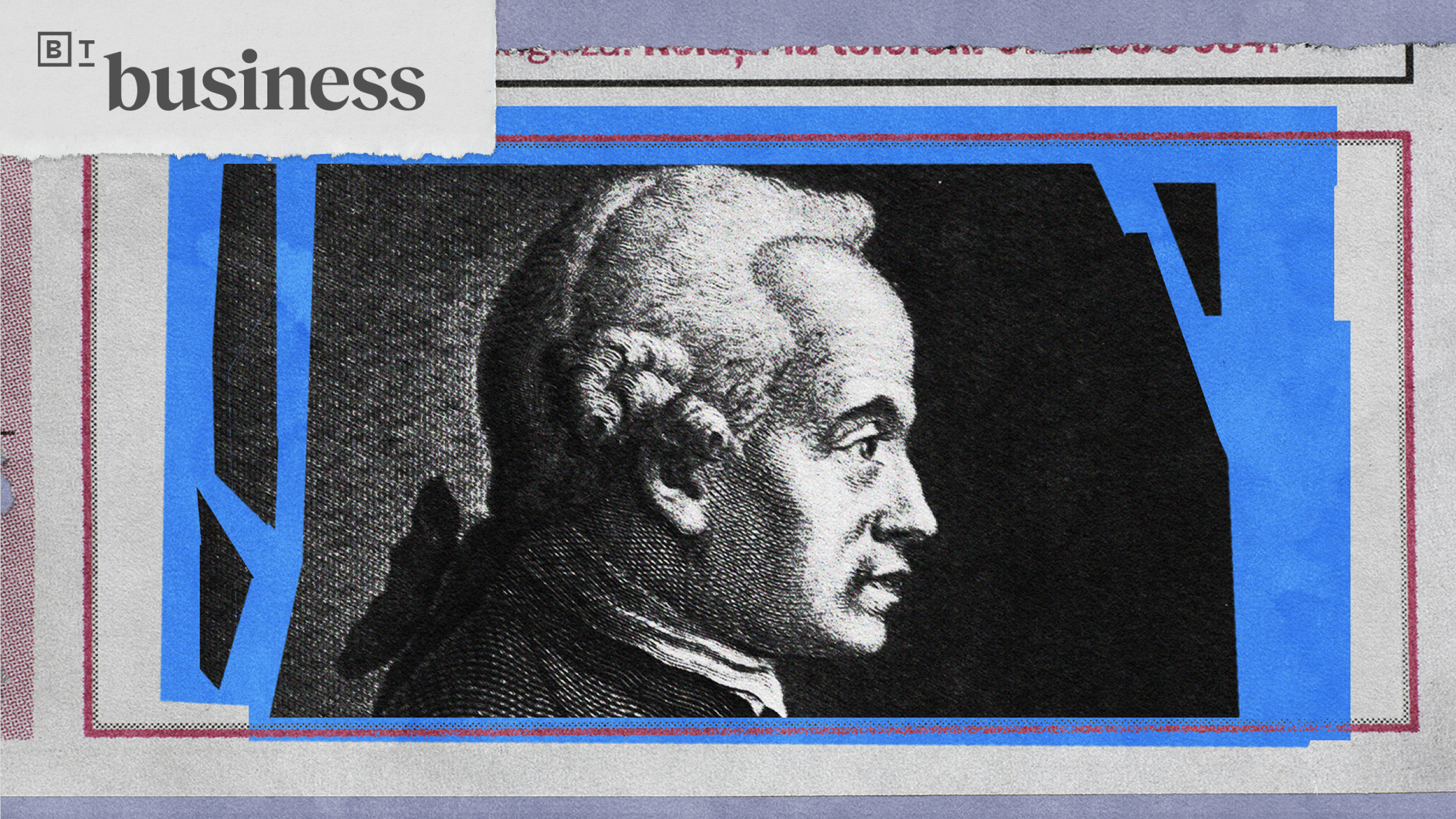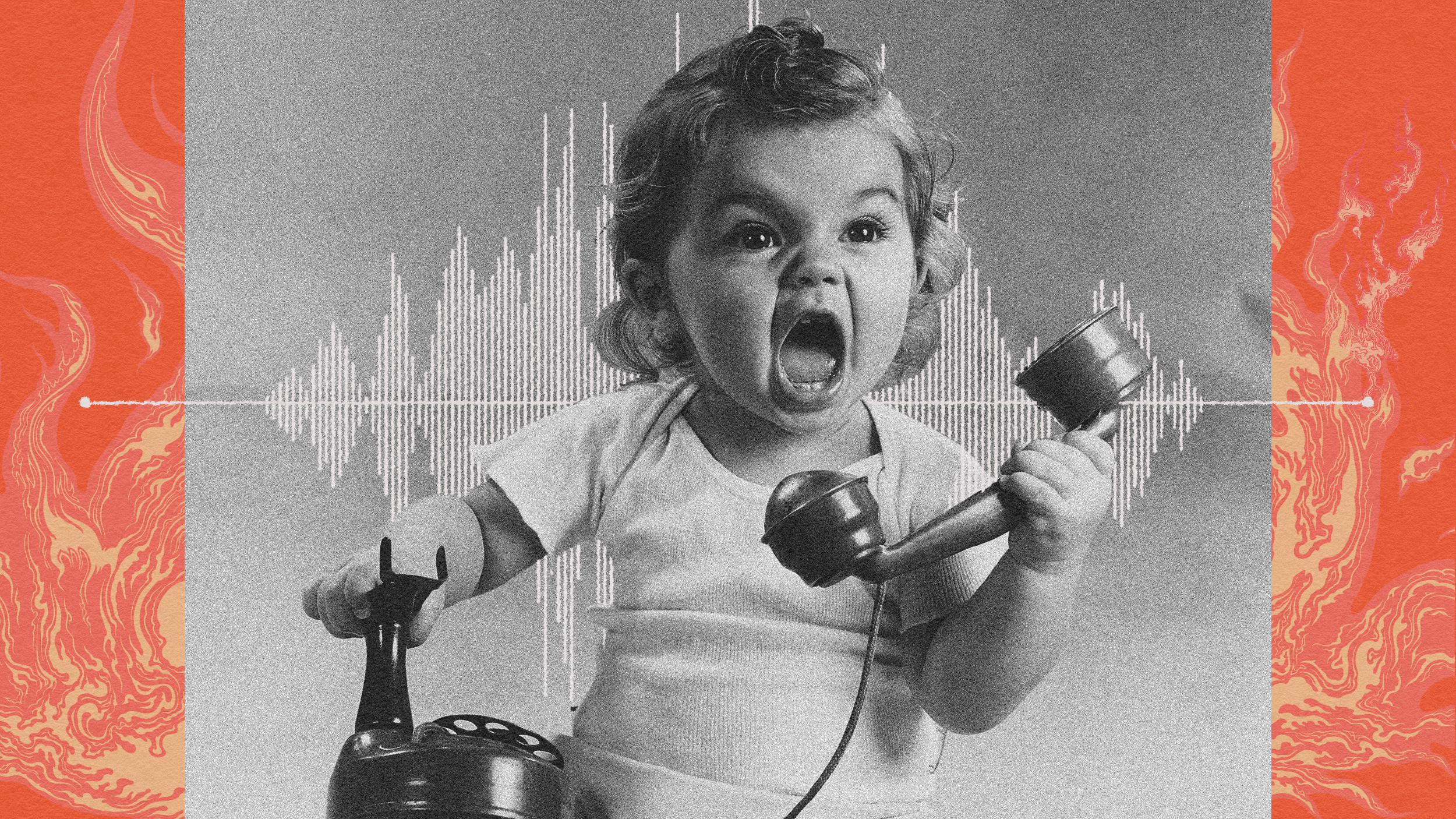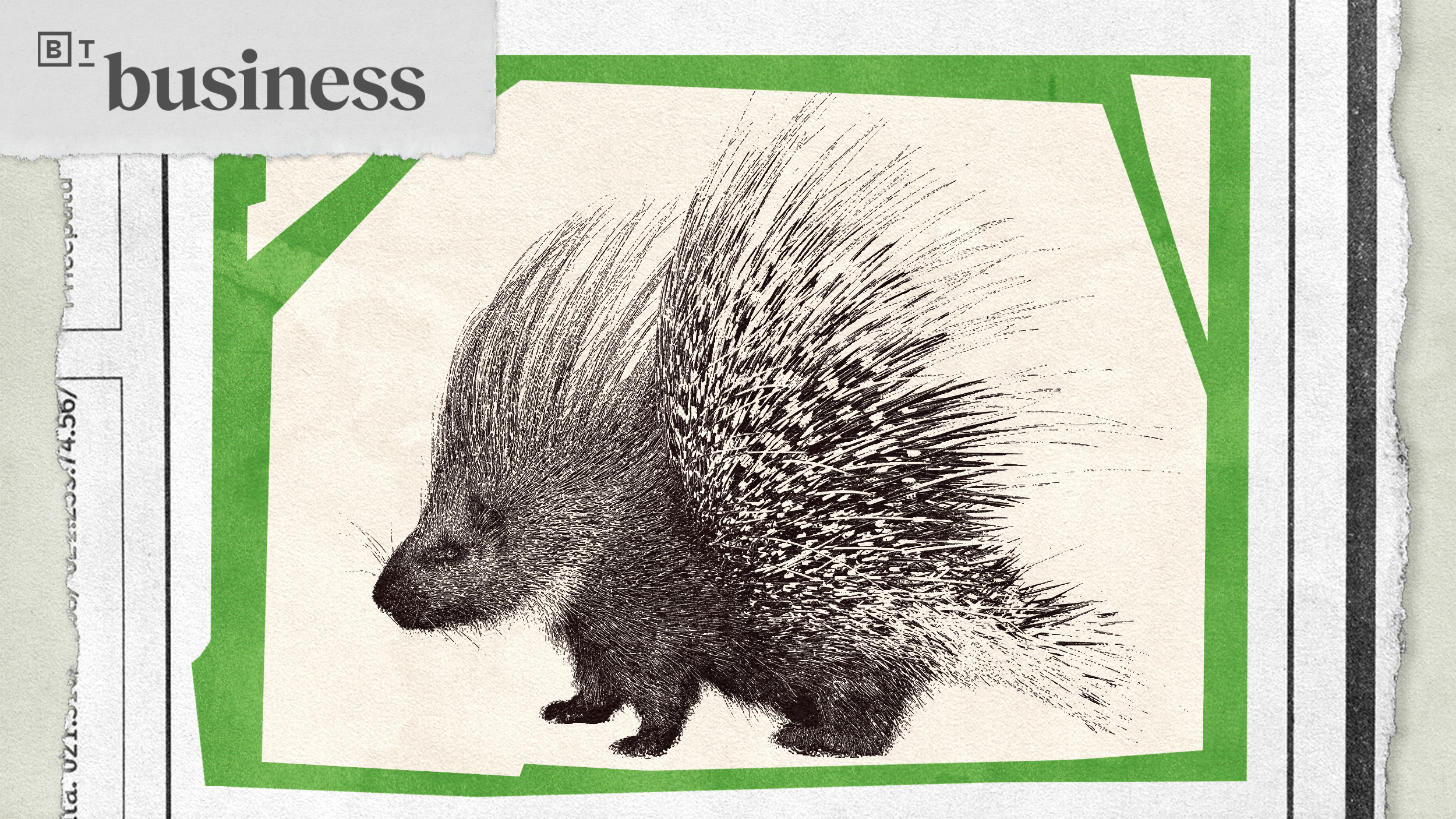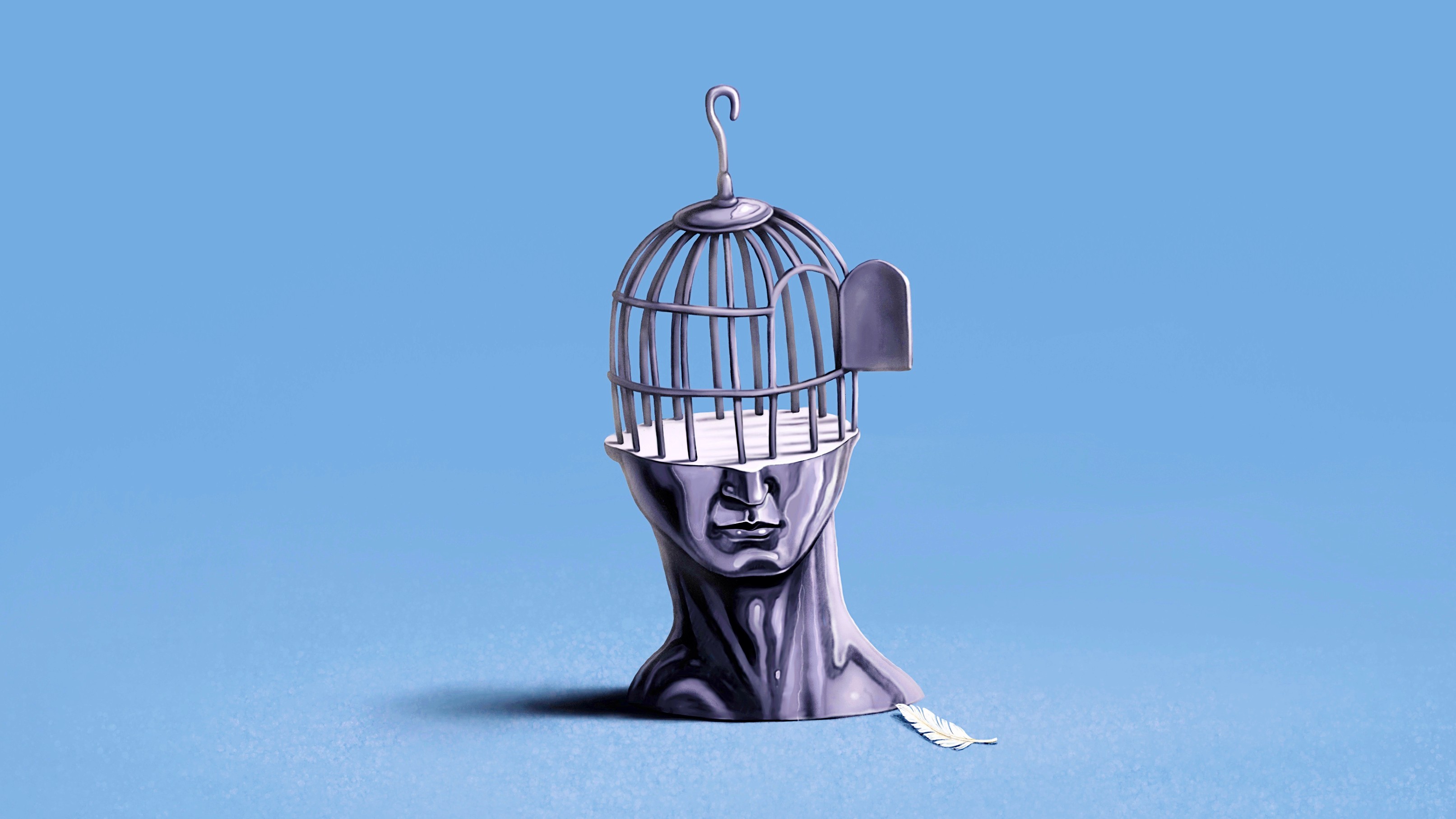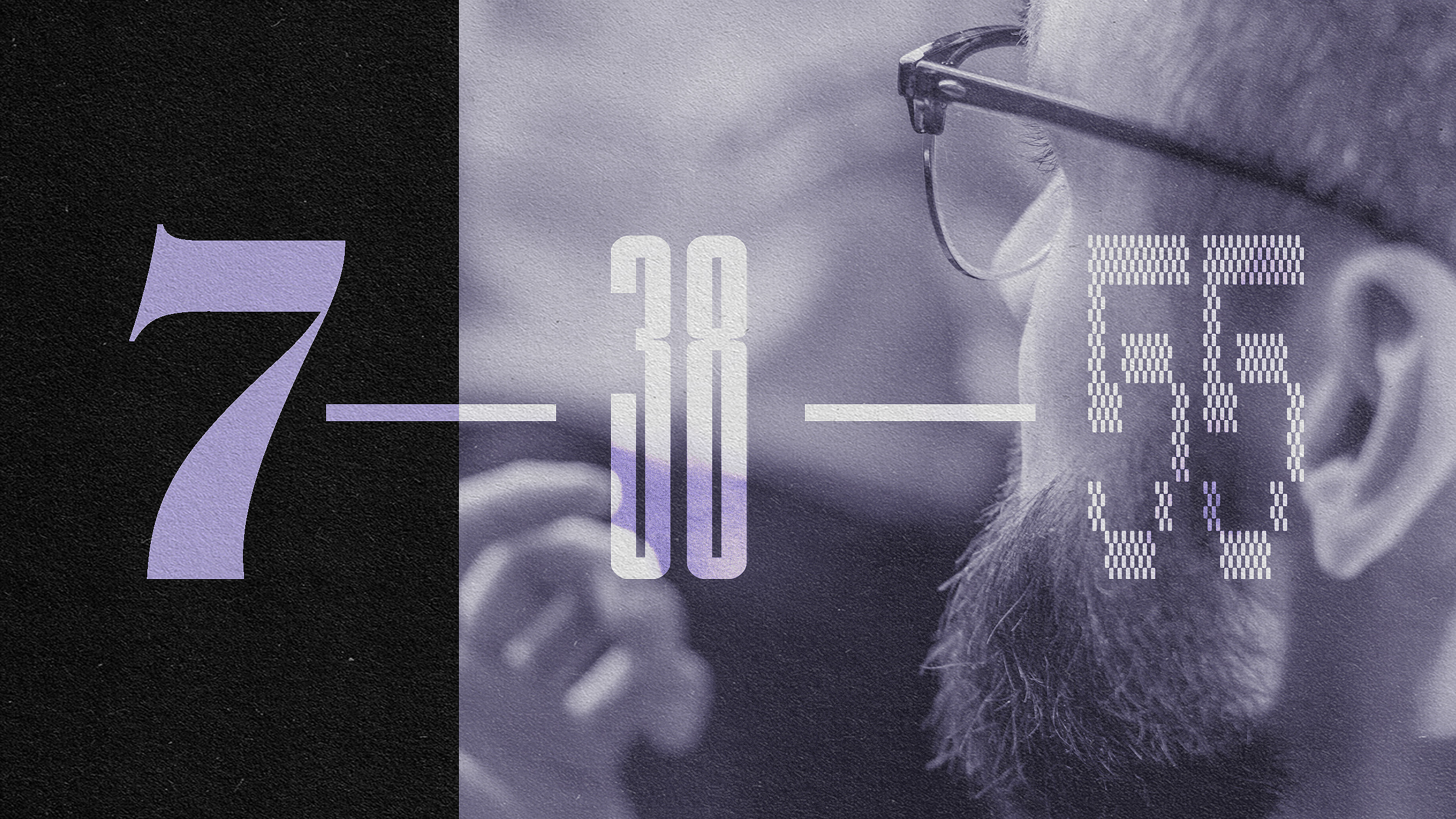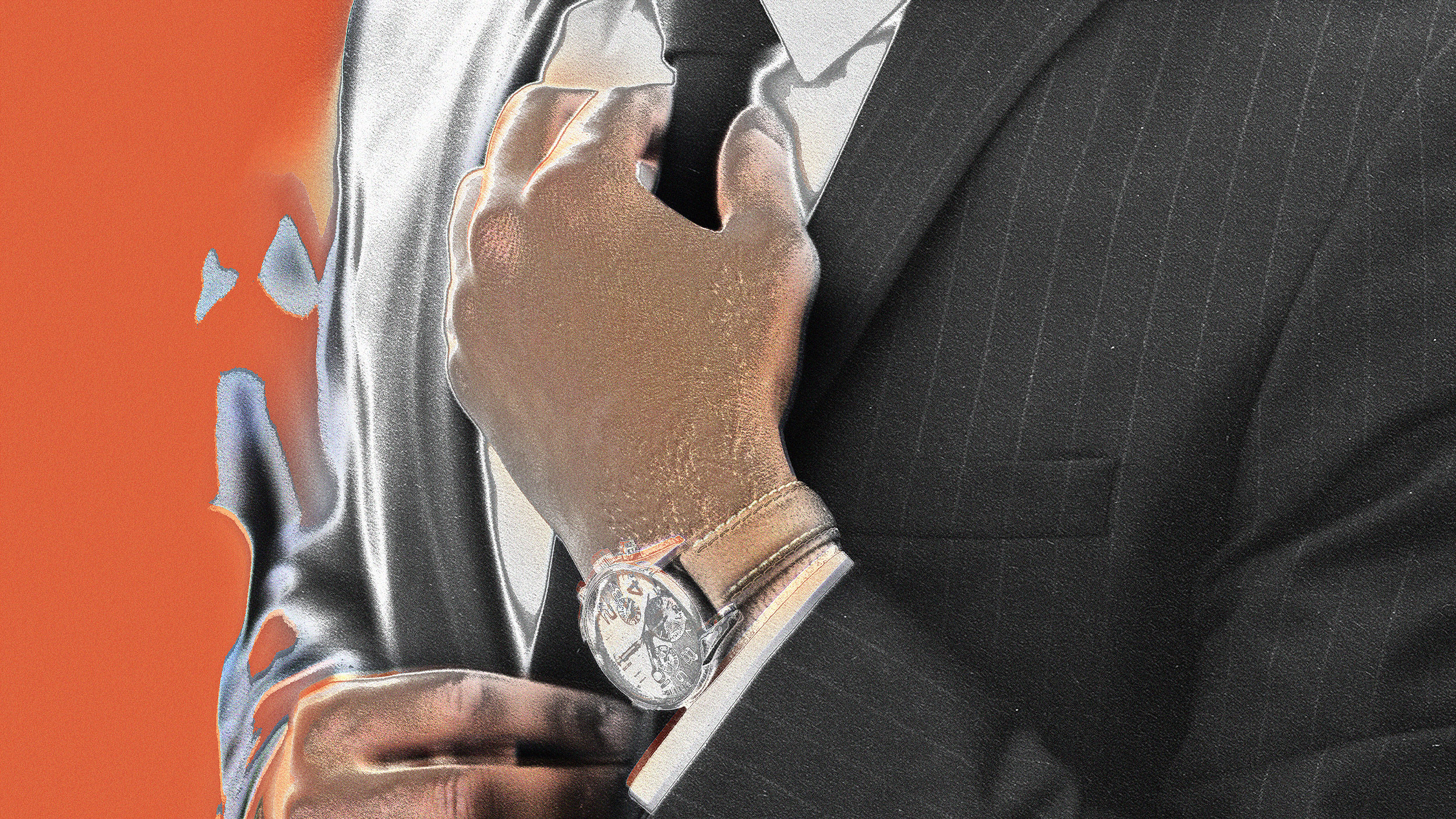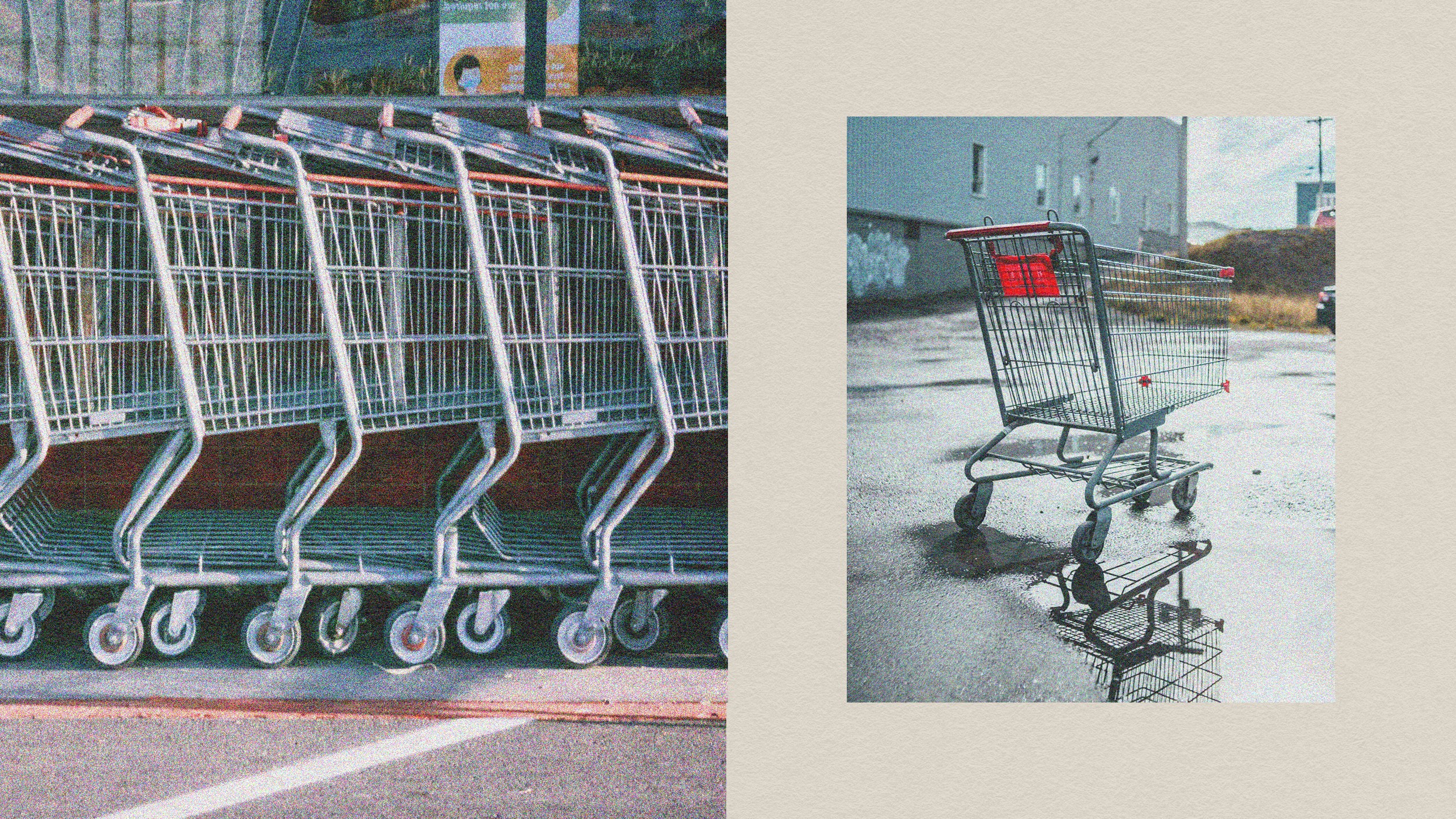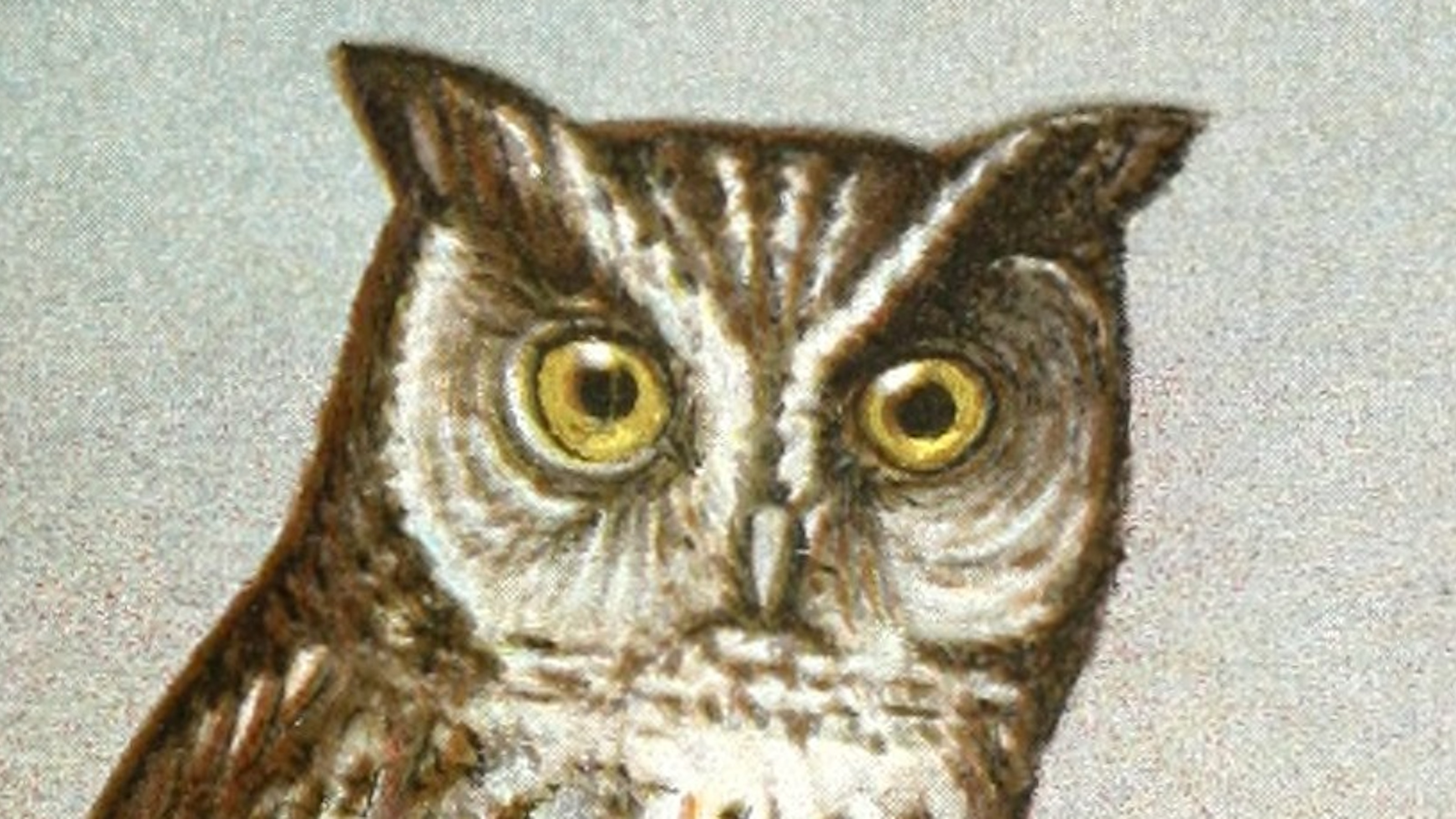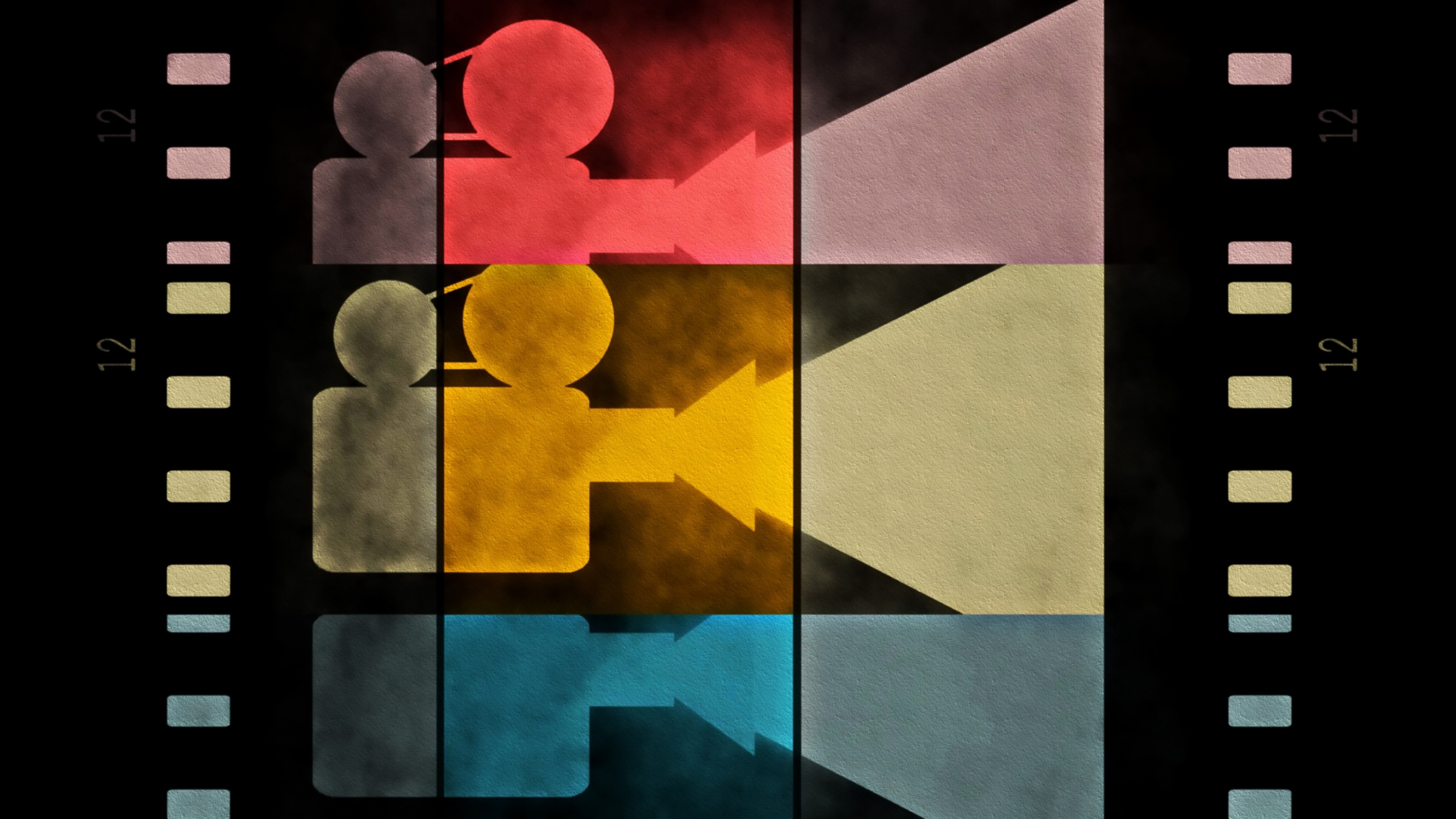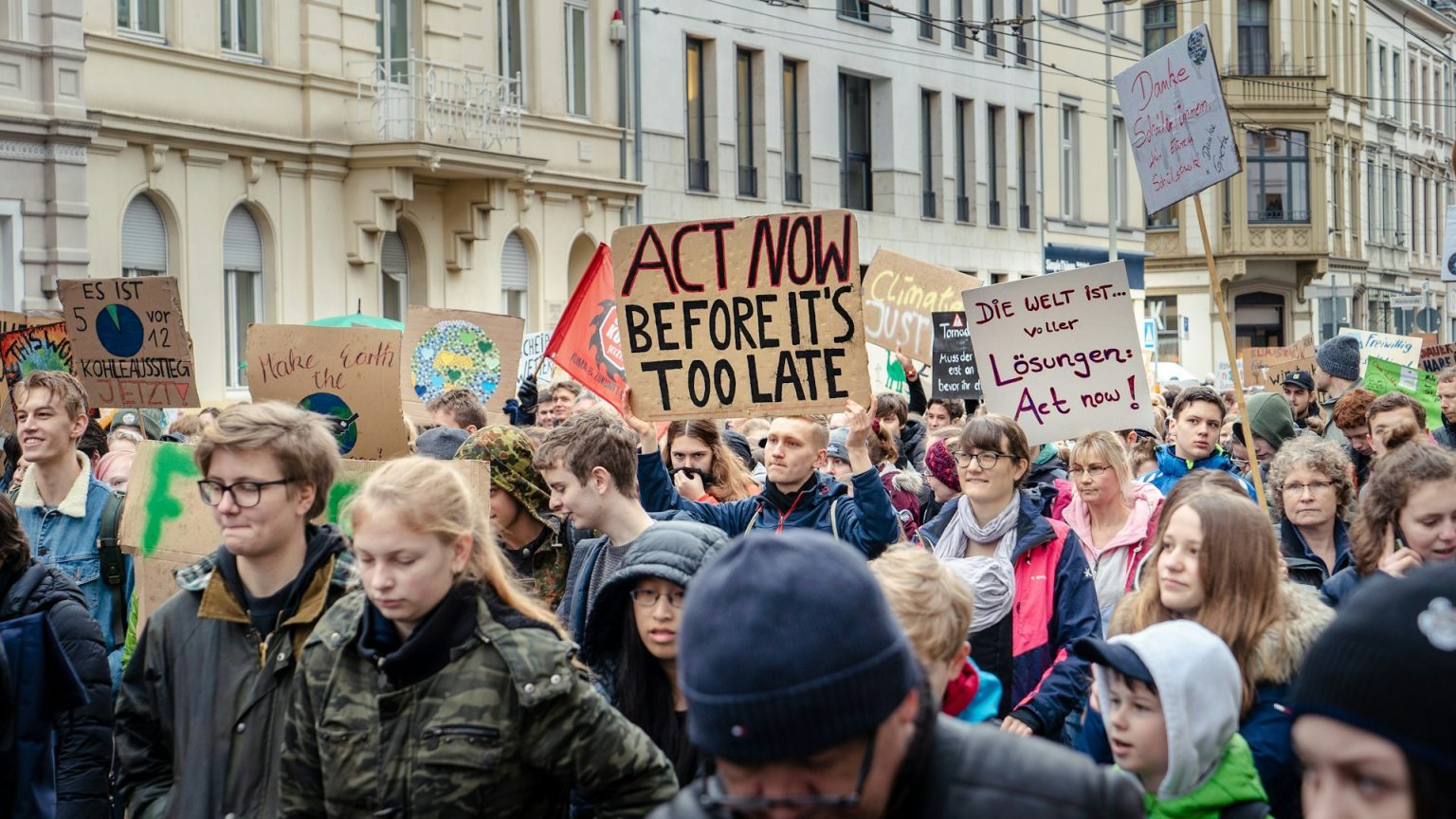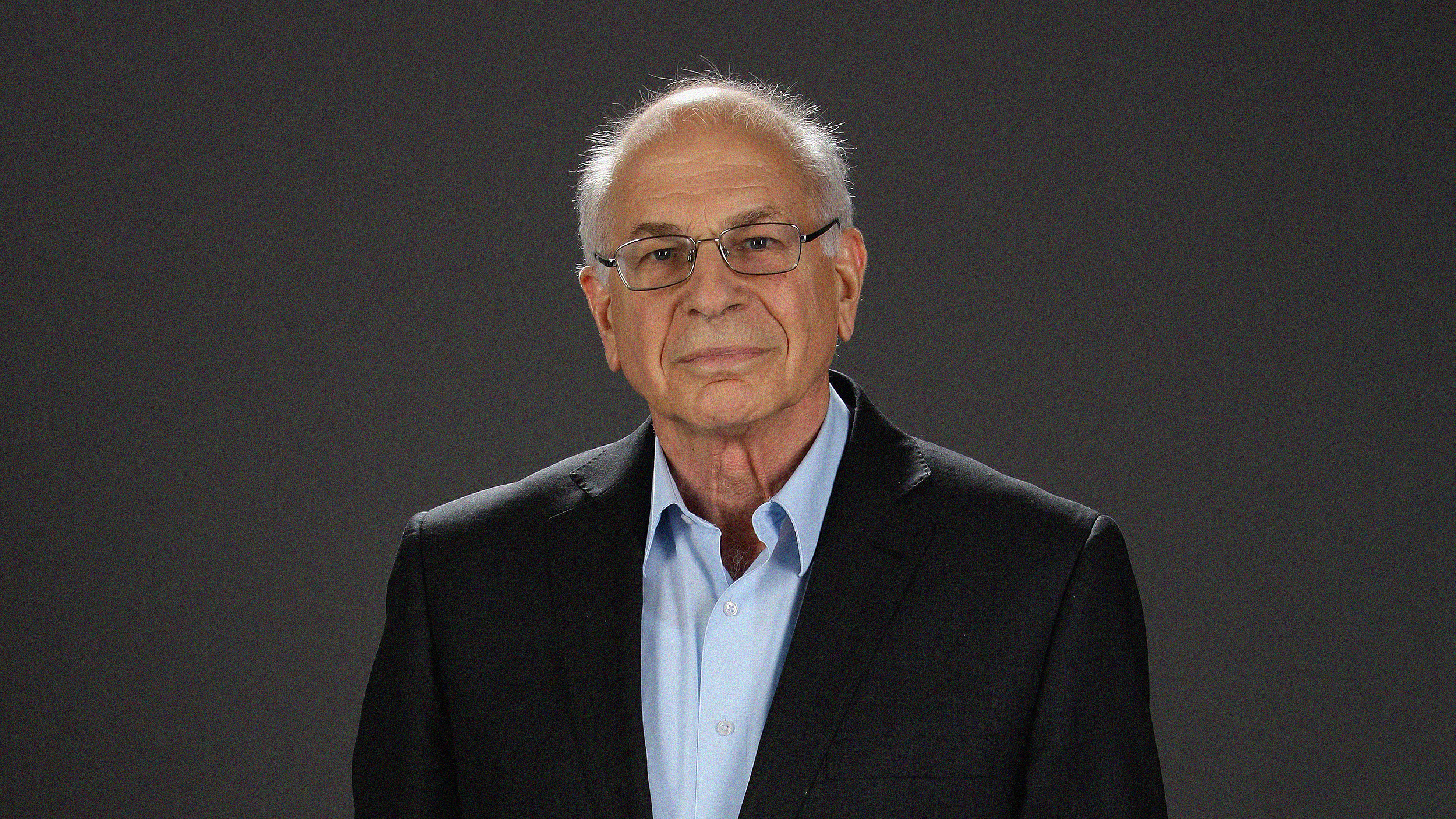psychology
Neuroscientist Christof Koch on human minds, AI, and bacteria.
An excerpt from renowned neuropsychologist Nicholas Humphrey’s book “Sentience: The Invention of Consciousness.”
To understand others, you need to see past their fleeting emotions. You must perceive who they are as people.
The philosopher Skye C. Cleary explores what being authentically happy looks like in a world where so many can’t be.
The acceptance of death is deeply embedded in our culture; it’s time to overthrow that idea.
While weltschmerz — literally “world-pain” — may be unpleasant, it can also spur us to change things for the better.
An argument for emphasis on subjective experience.
Tech entrepreneur Alvin Wang Graylin sketches out a bold new age of AI-led enlightenment underscored by compassion.
The road from Kant to modern cognitive psychology has taught us much about our mental filtering systems.
If music is a window onto truth, what does screaming reveal?
Schopenhauer and Freud can help teams navigate the most prickly of collaboration problems.
Big Think recently spoke with behavioral scientist and author Katy Milkman about what really motivates us and steers our behavior.
If words are really only 7% of communication, then why would anyone need to learn a foreign language?
It’s a proclivity that sometimes leads to internal conflicts and high turnover.
The “Shopping Cart Litmus Test” is a popular meme about morality. What does it really reveal about one’s character?
Nobody likes the uneasy feeling of being watched — so can there be any workplace benefit to the all-seeing eye?
When high-anxiety situations arise in the workplace, we tend to react by fighting, fleeing, freezing, or fawning — but there’s a hidden fifth option.
Admitting that we know little about our future selves can radically improve our decision-making.
The majority of people in every country support action on climate, but the public consistently underestimates this share.
At a fundamental level, only a few particles and forces govern all of reality. How do their combinations create human consciousness?
Although social paranoia is more common than clinical paranoia, studies suggests that American society isn’t any more conspiratorial than it has been in the past.
Too many companies fail to recognize that “the deepest principle in human nature is the craving to be appreciated” — but the solution is easy.
Beer before wine and you’ll feel fine? Well, it depends.
Psychologist Mary C. Murphy explains why growth-mindset teams outperform those centered around a lone genius.
Sometimes you just want to hear, “I know what it’s like.”
You really can get by with a little help from your friends — if you also look beyond your personal to-do list.
Public mass shooters almost always have worldviews shaped by the “3 Rs”: rage, resentment, and revenge.
“Hardcore History” host Dan Carlin recently spoke with Big Think about the history of humanity’s drive to create — and whether or not we can control it.
Kahneman was a world-changing psychologist — even with his lesser known ideas on life satisfaction.
According to Harvard career advisor Gorick Ng, this time-saving system can help us reclaim our work-life sanity.


